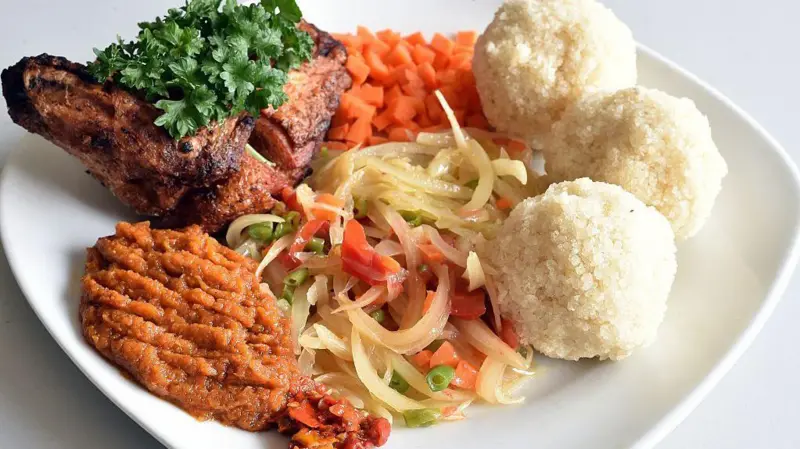By: Chioma Madonna Ndukwu
Ivory Coast’s cherished dish, attiéké, has recently earned a place on UNESCO’s prestigious list of intangible cultural heritage. This beloved food, often referred to as “Ivorian couscous,” is made from fermented cassava flour and is deeply embedded in the lives of the people. As the Ivorian UNESCO delegate Ramata Ly-Bakayoko described, attiéké is “deeply rooted in the daily lives of its communities.”
More than just a meal, attiéké is a symbol of identity and culture, passed down through generations. Traditionally prepared by women and girls, its meticulous production involves several steps, from peeling and grating cassava to steaming the final product. It’s often enjoyed with grilled fish and is a centerpiece at various ceremonies like weddings, funerals, and community gatherings.
Attiéké is more than food; it’s a livelihood for many. For women in particular, the dish represents financial autonomy and empowerment. The Unesco recognition, while celebrating attiéké’s cultural significance, also underscores the importance of safeguarding such practices from commercialization. In fact, Ivory Coast has already taken steps to protect the name “attiéké,” similar to how champagne is protected by region, preventing other countries from exploiting its popularity.
In my view, attiéké’s inclusion on the UNESCO list is a powerful reminder of how food connects us to our roots. It shows that culinary traditions, though simple, are profound expressions of identity, resilience, and community. It is a dish that holds not just flavor, but history, pride, and the spirit of Ivory Coast.


